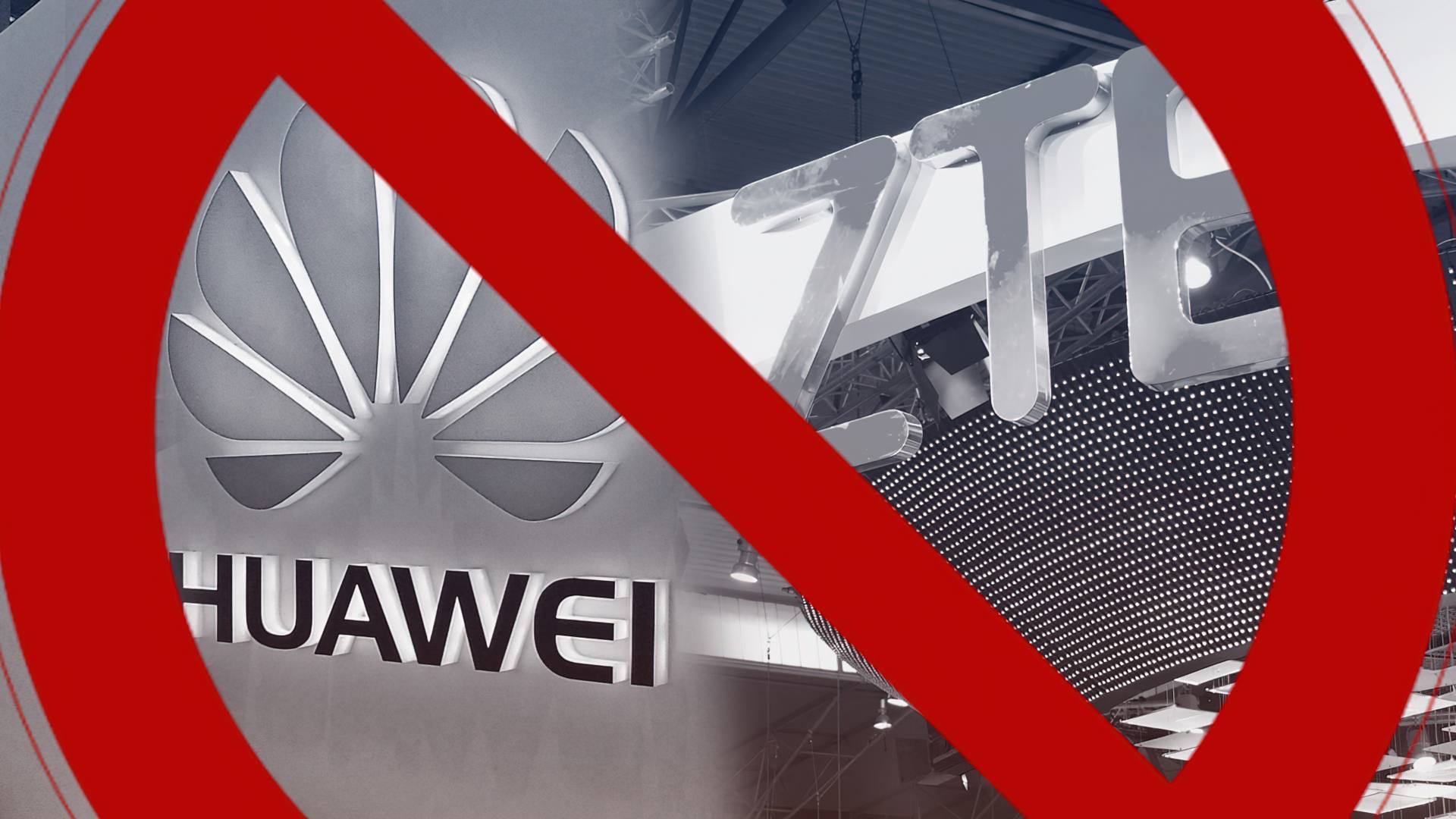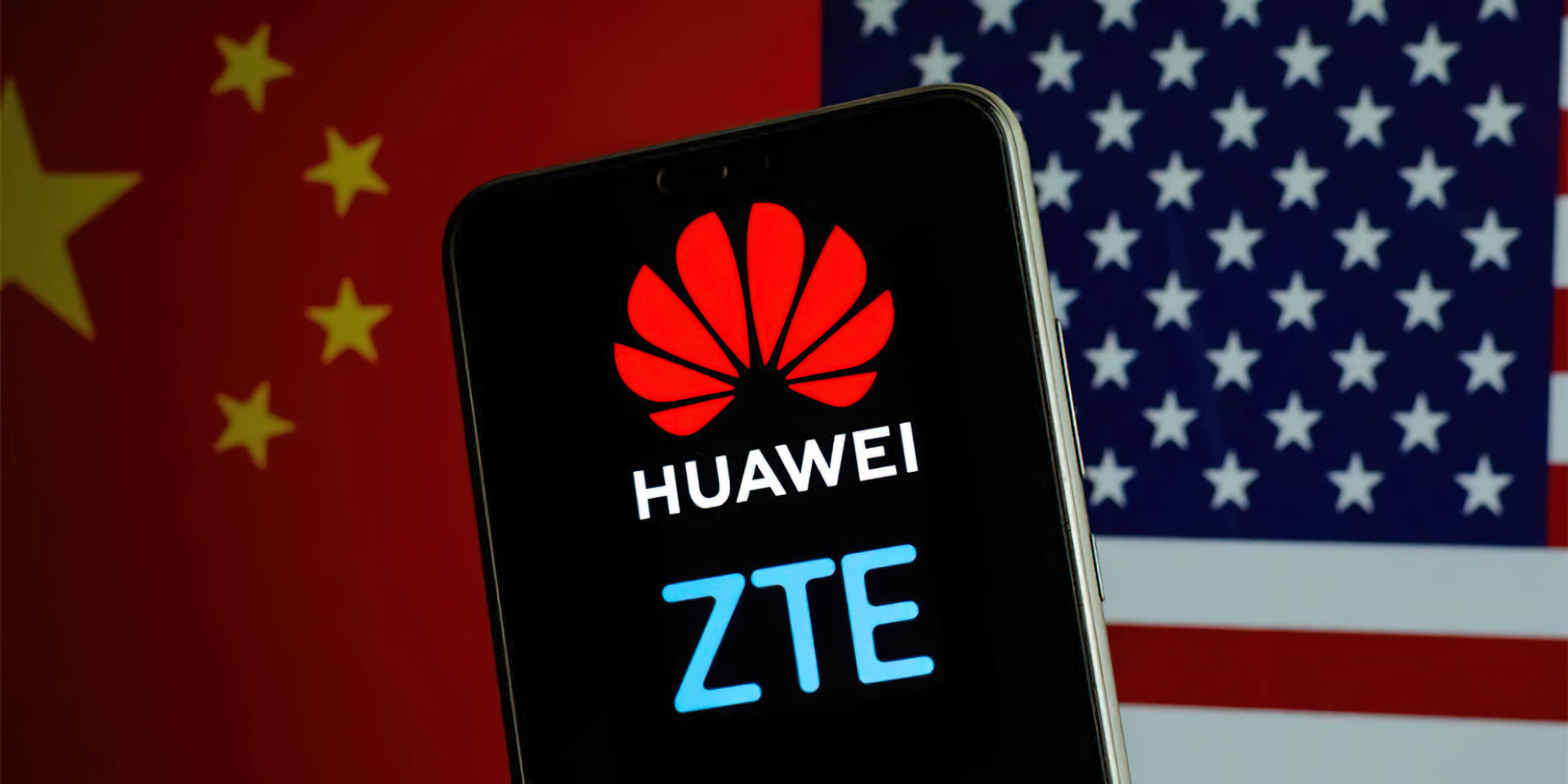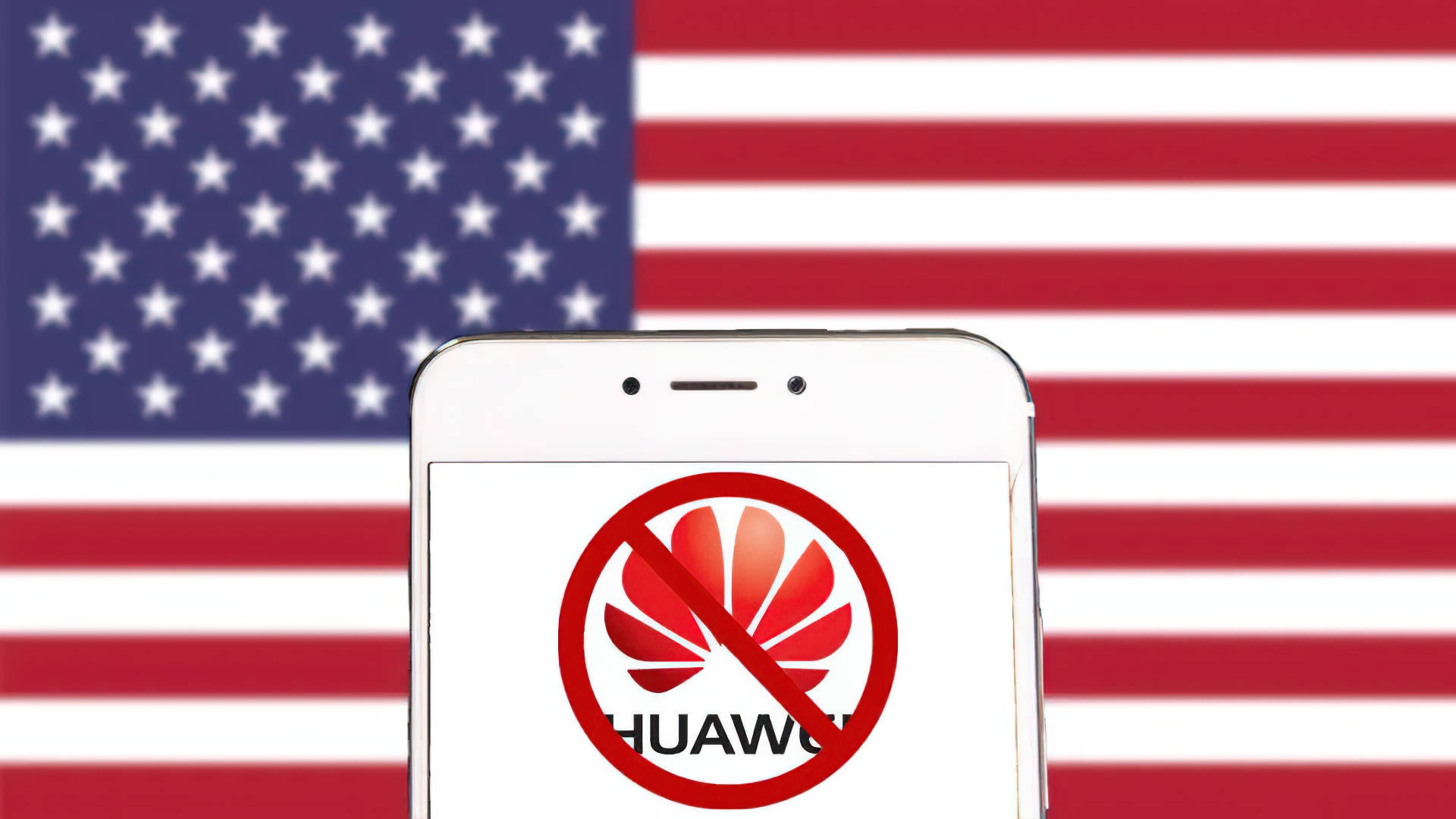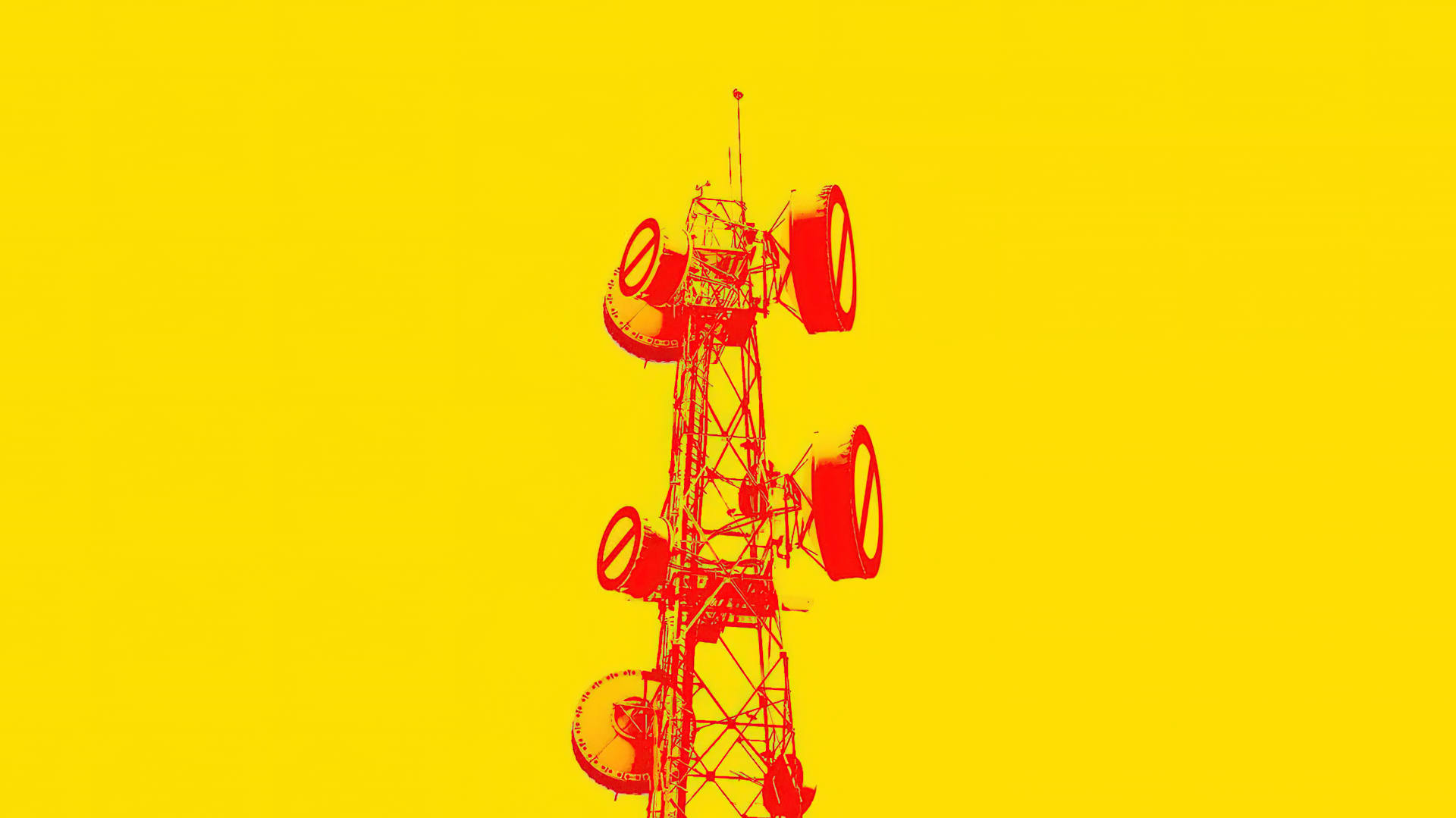Due to national security concerns, FCC bans Huawei and ZTE telecommunications devices from being sold or imported into the United States. Law applies to new devices.
FCC bans Huawei but why?
The ban is the latest escalation in US policy toward Chinese telecom equipment makers, which began during the Obama administration and has accelerated under Trump. Obviously, apart from the PR nonsense “NaTiOnAl SeCuRiTy” concerns, we have no information. But the common sense dictates that they were probably cutting into the American business interests and since America is a big corporatocracy, business interests = national security interests. Fun fact: Did you know that Apple inspects electronic imports (even for personal use cases) into the US to see if there are any counterfeit Apple products in them? Too bad, they saw your electronic pleasuring device!

The action also affects Hytera Communications, Hangzhou Hikvision Digital Technology, and Dahua Technology.
The FCC’s commissioner, Brendan Carr, tweeted on Friday, “Today, the FCC takes an unprecedented step to safeguard our networks and strengthen America’s national security,”
“Our unanimous decision represents the first time in FCC history that we have voted to prohibit the authorization of new equipment based on national security concerns,” he said.
Huawei and ZTE are currently quiet about the incident. We’re sure we’ll hear more about their response soon.
In recent years, countries including Canada, the United Kingdom, and Australia have tightened restrictions on the use of Huawei and ZTE 5G technology. Huawei officials stated that the business does not provide data to the Chinese government and that its equipment is not affected.

Andy Purdy, the company’s chief security officer, has also argued that a ban would harm American jobs because the company spends more than $11 billion per year with American suppliers. The FCC was required to vote on the order within a year of the Secure Equipment Act being signed into law by President Biden on November 11, 2021.
That law required the FCC to prohibit companies from selling equipment that poses an “unacceptable risk to the national security” of the United States. Carr called on the agency in March 2021 to close the so-called “Huawei loophole” which allowed companies to use private sector money to buy equipment from the company while the FCC still authorized sales of its devices.
We hope you hated this news as much as we did. Governments shouldn’t be lap dogs of billionaires who want to stifle the competition. If you hated this news, here’s something to bleach your eyes and ears: Interior AI to design or face paint your room.
About FCC
Oh yeah? Oh yeah, I know all about the FCC!
The Federal Communications Commission (FCC) is an independent agency of the United States federal government that regulates communications by radio, television, wire, satellite, and cable across the United States. The FCC maintains jurisdiction over the areas of broadband access, fair competition, radio frequency use, media responsibility, public safety, and homeland security.
The FCC was formed by the Communications Act of 1934 to replace the radio regulation functions of the Federal Radio Commission. The FCC took over wire communication regulation from the Interstate Commerce Commission. The FCC’s mandated jurisdiction covers the 50 states, the District of Columbia, and the territories of the United States. The FCC also provides varied degrees of cooperation, oversight, and leadership for similar communications bodies in other countries of North America. The FCC is funded entirely by regulatory fees. It has an estimated fiscal-2022 budget of US $388 million. It has 1,482 federal employees as of July 2020.
About Huawei
Huawei Technologies Co., Ltd. (/ˈhwɑːweɪ/ HWAH-way; Chinese: 华为; pinyin: Huáwéi) is a Chinese multinational technology corporation headquartered in Shenzhen, Guangdong, China. It designs, develops, produces and sells telecommunications equipment, consumer electronics and various smart devices.

The corporation was founded in 1987 by Ren Zhengfei, a former officer in the People’s Liberation Army (PLA). Initially focused on manufacturing phone switches, Huawei has expanded its business to include building telecommunications networks, providing operational and consulting services and equipment to enterprises inside and outside of China, and manufacturing communications devices for the consumer market.
About ZTE
ZTE Corporation is a partially state-owned Chinese technology company that specializes in telecommunication. Founded in 1985, ZTE is listed on both the Hong Kong and Shenzhen Stock Exchanges.
ZTE’s core business is wireless, exchange, optical transmission, data telecommunications gear, telecommunications software, and mobile phones. ZTE primarily sells products under its own name, but it is also an OEM.





